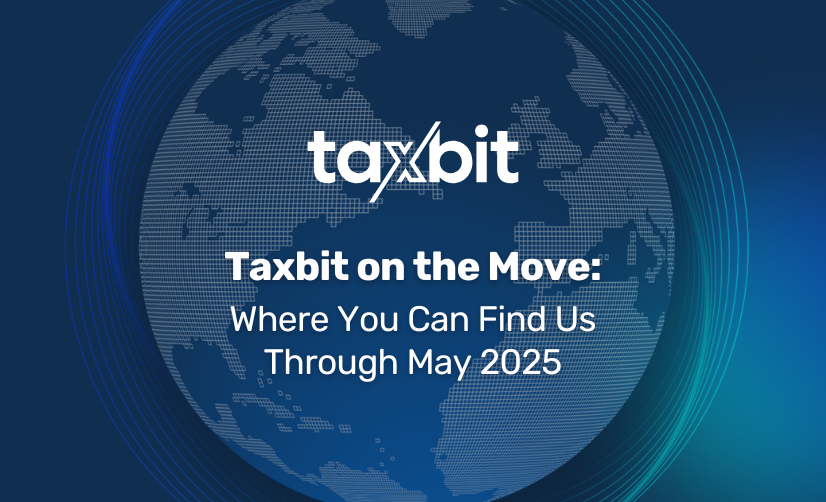Understand FASB’s latest ASU guidelines, gaining insights and practical steps for enterprise readiness.
As of December 13, 2023, the Financial Accounting Standards Board has released an Accounting Standards Update(ASU) designed to enhance the accounting and disclosure practices related to specific crypto assets. The revisions within the ASU aim to refine the accounting treatment of designated crypto assets, mandating entities to assess and measure these assets at fair value in each reporting period, with changes in fair value recorded in the net income. Additionally, the amendments seek to enhance transparency for investors regarding an entity’s crypto asset portfolio by necessitating disclosure of significant holdings, crypto asset roll forward activity, contractual sale restrictions, and alterations during the reporting period of certain fair value disclosures.
The FASB’s definition of the scope includes assets that:
- Meet the definition of intangible asset as defined in the FASB Accounting Standards Codification®
- Do not provide the asset holder with enforceable rights to or claims on underlying goods, services, or other assets
- Are created or reside on a distributed ledger based on blockchain or similar technology
- Are secured through cryptography
- Are fungible
- Are not created or issued by the reporting entity or its related parties.
Key Takeaways
Fair Value Treatment – Crypto assets will be reported at fair value with changes in fair value flowing through earnings. This represents a significant change from current prior accounting guidance, which requiresd businesses to hold crypto assets at cost less impairment. Under the new guidance, in-scope assets will no longer require analysis for impairment and recognition of impairment expense. Rather, any changes in fair value (both upward and downward) will be reflected in earnings. Non-fungible tokens (NFTs) and issuer tokens are not within the scope of this project and would not be eligible for fair value treatment.
Wrapped Tokens – The Board determined that wrapped tokens will not be included within the scope of this new accounting guidance. This means that wrapped tokens will continue to follow the legacy intangible asset accounting treatment, requiring companies to hold wrapped tokens on their balance sheet at cost less impairment and recognize realized gains and losses when these assets are disposed of.
Balance Sheet and Income Statement Presentation – A company will report their crypto activity on both the balance sheet and income statement as separate line items. This will enable stakeholders to easily identify a company’s crypto asset activity.
New Disclosure Requirements – Disclosures are now required for crypto asset holdings and periodic activity to provide transparency in financial reporting. To learn more about these new disclosure requirements, check out this article.
Thought Leadership Insights
FASB, Taxbit, and Deloitte hosted a Future of Crypto Accounting Roundtable where we discussed the Accounting Standards Update and how businesses can prepare. Hear insights directly from FASB by watching the full video here.
Timeline and Next Steps
The ASU amendments go into effect for all entities after December 15, 2024, covering fiscal years and their interim periods. Early adoption is possible for both interim and annual financial statements not yet issued. If adopted during an interim period, they must be applied from the start of the fiscal year containing that interim period.
Implement the Taxbit Accounting Suite to Get Compliant
At Taxbit, we are providing industry-leading solutions for digital asset accounting. Required accounting changes like those finalized by the FASB today can disrupt your business, especially without a clear plan to move toward compliance. Taxbit has been following the Board’s progress for 18+ months and is ready to help you navigate the new changes.
The Taxbit Accounting Suite has been purpose-built to stay up-to-date with the latest accounting requirements, and can immediately ready your business for the new accounting requirements.
Contact us to learn more about the Taxbit Accounting Suite and how it can save your business time and money in the rapidly evolving web3 regulatory landscape.








